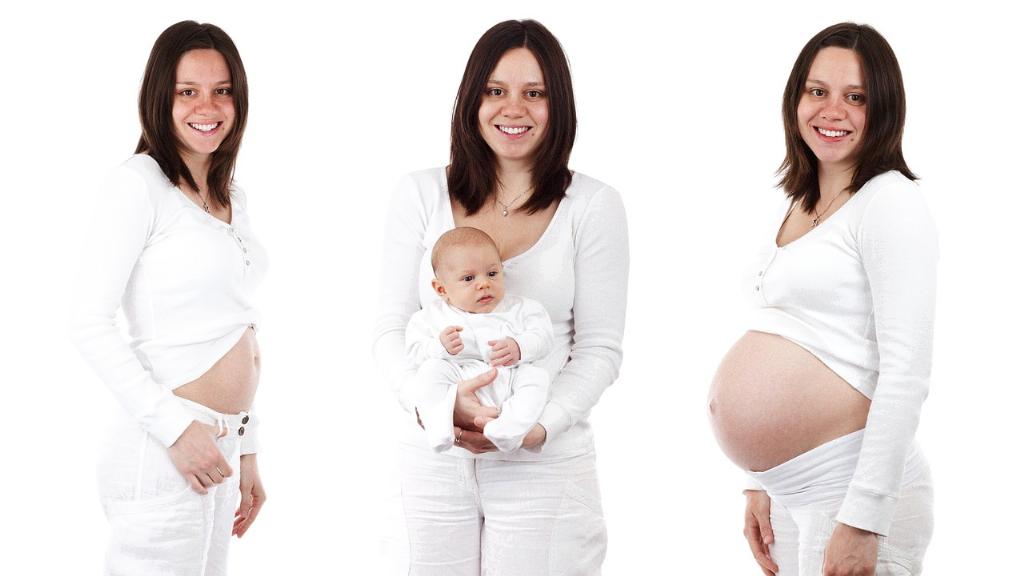When it comes to pregnancy, nutrition is key to supporting the health and development of both the mother and the growing fetus. Cucumbers and tomatoes are two popular vegetables known for their refreshing taste and numerous health benefits. Let’s delve into why these colorful veggies can be a fantastic addition to a pregnant woman’s diet.
Benefits of Cucumbers During Pregnancy
Cucumbers are incredibly hydrating and rich in nutrients that can support a healthy pregnancy. They are an excellent source of vitamin C, which is crucial for the development of the baby’s bones, teeth, and connective tissue. Additionally, cucumbers contain vitamin K, an essential nutrient for blood clotting and bone health.
Importance of Micronutrients in Cucumbers
Furthermore, cucumbers are packed with B vitamins that play a vital role in energy metabolism and the formation of red blood cells. These vitamins are essential for the proper growth and development of the fetus. Minerals such as potassium, calcium, iron, and zinc found in cucumbers also contribute to overall health during pregnancy.
Tomatoes: A Nutrient-Dense Option for Pregnant Women
Tomatoes, on the other hand, are not only delicious but also nutrient-dense. They are rich in antioxidants like lycopene, which can help protect cells from damage and promote overall well-being. Lycopene is believed to have anti-inflammatory properties, which can be beneficial during pregnancy.
Vitamin Content in Tomatoes
Moreover, tomatoes are a good source of vitamin C, another essential nutrient for pregnant women. Vitamin C supports the immune system, aids in iron absorption, and helps in the growth and repair of tissues in the body. Including tomatoes in your diet can help ensure you are getting an adequate amount of this crucial vitamin.
Role of Fiber in Cucumbers and Tomatoes
Both cucumbers and tomatoes are low in calories and high in fiber, making them an excellent choice for maintaining healthy digestion during pregnancy. Fiber can help prevent constipation, a common issue among pregnant women, and promote a feeling of fullness, helping to regulate weight gain.
Aiding in Hydration
Additionally, cucumbers have a high water content, which aids in hydration, especially important during pregnancy when fluid needs are increased. Staying well-hydrated is essential for supporting the circulatory system, maintaining amniotic fluid levels, and preventing dehydration-related complications.
Supporting Skin Health
The vitamins and antioxidants present in cucumbers and tomatoes can also contribute to skin health during pregnancy. Vitamin C, in particular, plays a role in collagen production, helping to maintain skin elasticity and prevent stretch marks, a common concern for expectant mothers.
Boosting Immune Function
Both cucumbers and tomatoes contain nutrients that support immune function, such as vitamin C and antioxidants. A strong immune system is essential during pregnancy to protect both the mother and the developing baby from infections and illness.
Adding Variety to Your Diet
Incorporating a variety of fruits and vegetables, including cucumbers and tomatoes, into your diet can help ensure you are getting a wide range of essential nutrients. Different colors of fruits and vegetables signify varying nutrient profiles, so eating a rainbow of produce can provide a diverse array of vitamins and minerals.
Precautions and Considerations
While cucumbers and tomatoes are generally safe for consumption during pregnancy, it’s essential to wash them thoroughly to remove any pesticides or bacteria that may be present on the skin. If you have any allergies or sensitivities to these vegetables, it’s best to consult with your healthcare provider before adding them to your diet.
Final Thoughts
In conclusion, cucumbers and tomatoes can be excellent additions to a healthy pregnancy diet due to their nutrient content, hydration properties, and potential health benefits. By including a variety of colorful fruits and vegetables in your meals, you can support the well-being of both you and your growing baby throughout the pregnancy journey.

